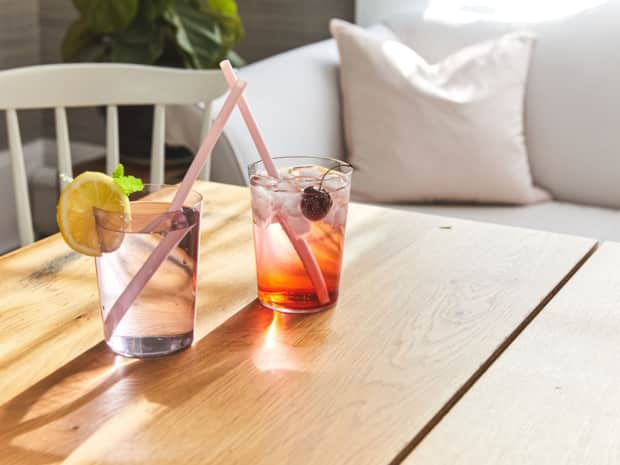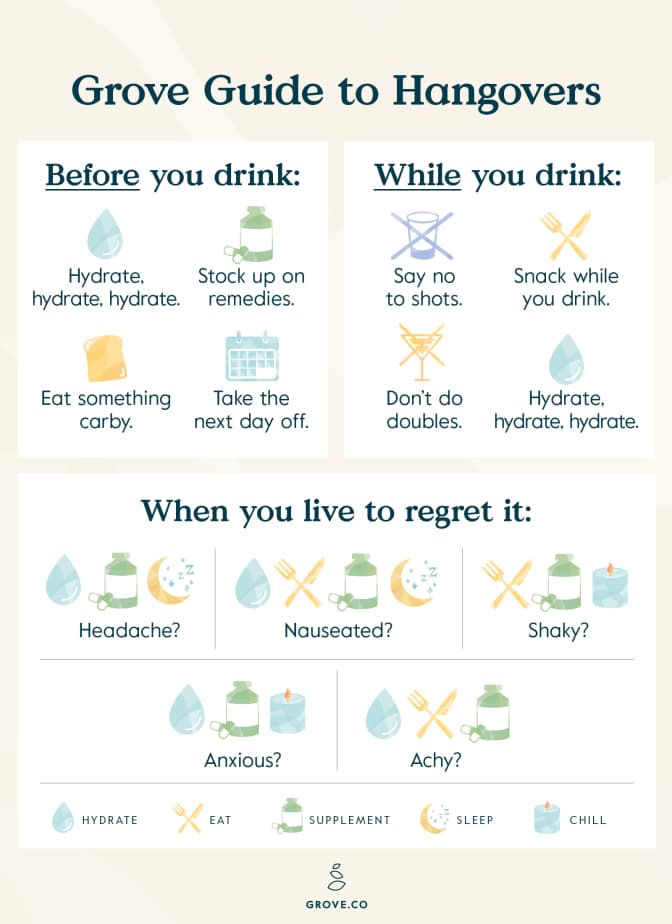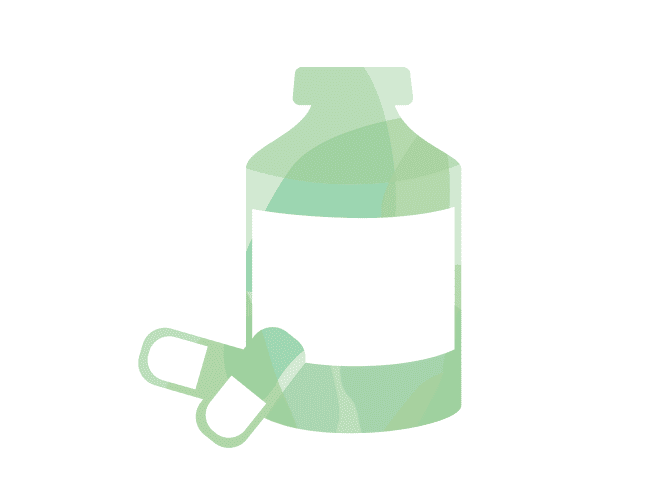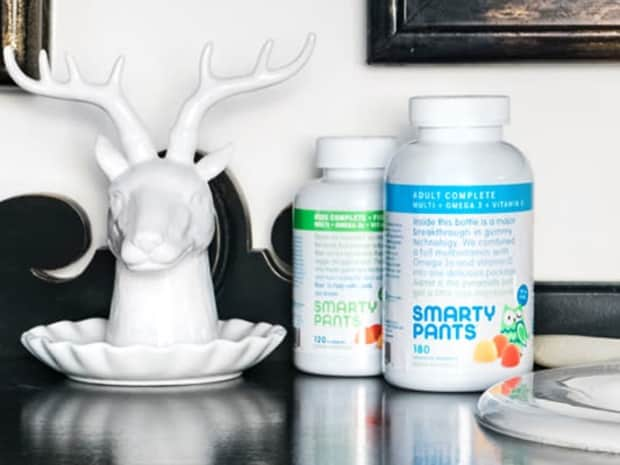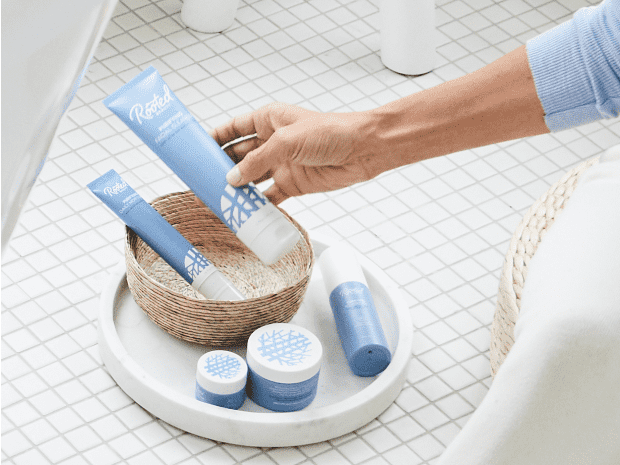1. Dehydration
Alcohol is a diuretic, which means it increases urinary output by reducing hormones that prevent your kidneys from conserving water. And that’s why you have to pee so often when you drink.
Symptoms: Thirst, weakness, dizziness, lightheadedness, headache, and a dry, sticky mouth, and red, sandpaper eyes.

